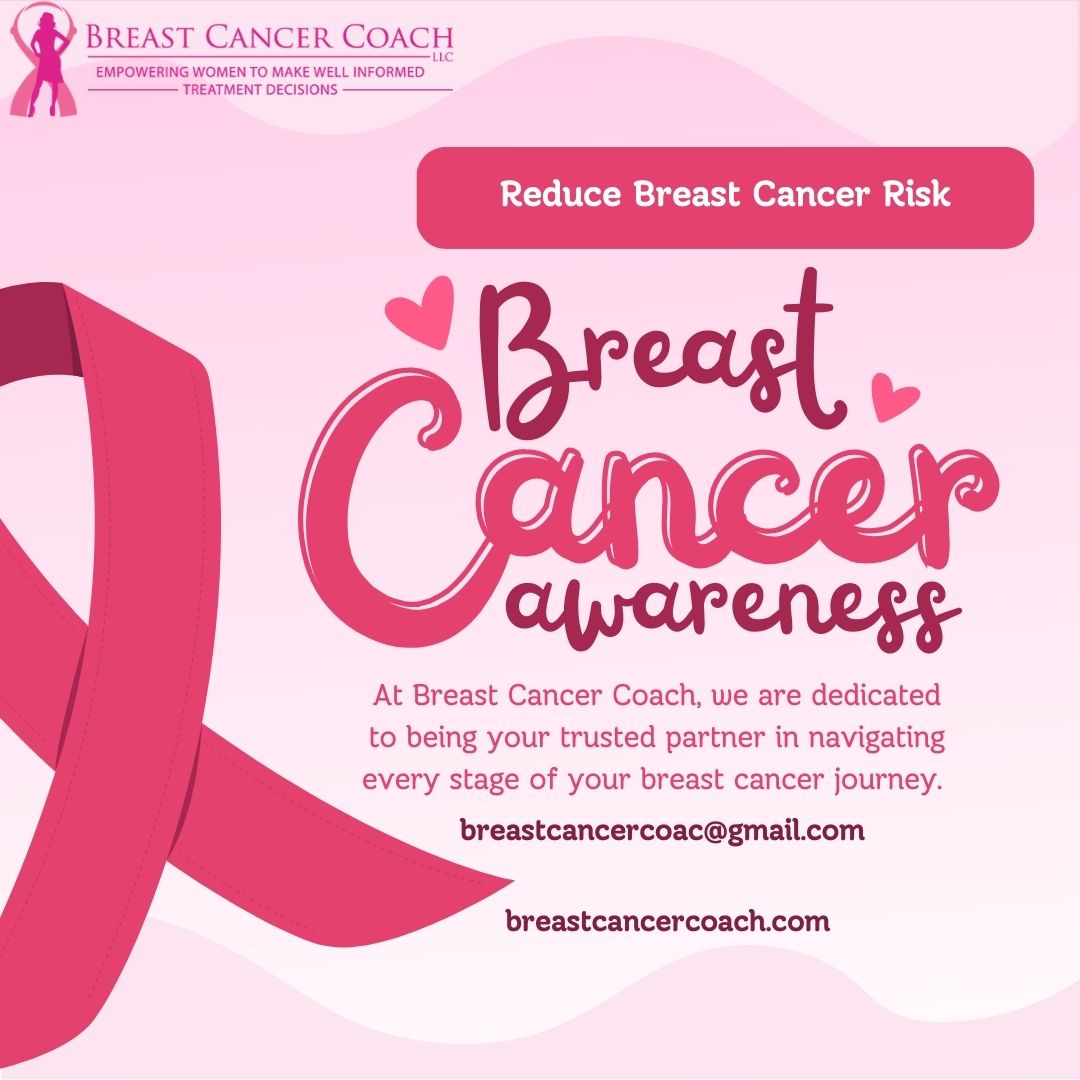
Breast cancer presents itself as one of the leading cancer types diagnosed in female patients worldwide. The extensive set of breast cancer awareness activities conducted over time helps people understand disease stages and prognosis as they work to detect symptoms early and uphold routine screenings. The current state necessitates breast cancer awareness campaigns to progress past their basic awareness-raising efforts. The purpose of these campaigns must include educating individuals about breast cancer stages and prognosis because these diagnostic elements guide surgical and treatment plans.
The Evolution of Breast Cancer Awareness Campaigns
Breast cancer awareness initiatives have undergone significant progress since their beginning with pink ribbons in the early 1990s. The awareness initiatives have become successful at making breast cancer an established concern in public health. These awareness campaigns have gathered communities and created worldwide dialogue through activities such as victim testimonies together with fundraiser events, social media activation, and large-scale screening initiatives.
Numerous breast cancer campaigns persist with basic messages targeting public outreach even though they have experienced noteworthy progress. These essential messages lack depth when it comes to explaining what occurs after receiving a breast cancer diagnosis, together with insights about staging and possible outcomes.
Why Understanding Stages and Prognosis Matters
After a breast cancer diagnosis, the healthcare professional performs a procedure to identify the disease stage. The tracking system for breast cancer disruption in the human body is referred to as staging. Breast cancer stages and prognosis Breast cancer staging develops across four stages, beginning at Stage 0 before reaching Stage IV, which marks metastasis in other body organs. Every stage of breast cancer requires different therapeutic approaches, and patients demonstrate distinct survival possibilities.
The predicted disease development and results, known as prognosis, directly correlate with the stage that doctors identify. People diagnosed with early-stage breast cancer, such as Stage I, typically have excellent survival chances, but in contrast, individuals diagnosed at late Stage IV often experience a worse survival projection. The stage assessment guides patients and their families to choose proper medical interventions and life modifications together with mental well-being assistance.
These stages remain unnoticed to most people who fail to understand their meaning and effect on disease outcomes. The space left by the general lack of awareness calls for breast cancer awareness campaigns to intervene and provide needed information.
The Current Gap in Awareness Campaigns
Studies together with patient surveys demonstrate that people have minimal understanding regarding breast cancer staging alongside predicting patient survival outcomes. A large number of individuals maintain incorrect ideas about breast cancers differing from each other while also making false assumptions about their treatment prognosis. Some individuals are under the wrong impression that Stage IV indicates complete hopelessness despite medical progress increasing life expectancy for patients at this stage.
Breast cancer awareness programs that omit information about stages and prognosis produce the opportunity to equip patients with vital medical information. This missing information produces fearfulness while also generating incorrect information that might create delays in necessary medical treatments.
How Campaigns Can Do Better
The complete transformation of breast cancer awareness campaigns demands more advanced content than current standards provide. These organizations can improve their material by adding information about breast cancer stages and prognosis through the following methods:
1. Educational Content
Such information-oriented campaigns should develop straightforward educational materials, including step-by-step breast cancer descriptions combined with treatment impact explanations for each stage.
2. Real-Life Stories by Stage
Categorized survivor stories demonstrate the special difficulties and accomplishments that each breast cancer stage presents to other people.
3. Interactive Tools
Internet-based resources that explain symptoms together with stages and risk variables help users understand breast cancer better.
4. Infographics and Social Media Posts
Visual presentations deliver better sharing potential and make complex breast cancer stage information and prognoses accessible for a broader audience.
5. Partnering with Medical Experts
The accuracy of transmitted information can increase due to medical expert collaborations between oncologists and cancer centers, thus building trust among patients.
The Benefits of a More Informed Public
Better awareness about breast cancer stages and prognostic possibilities among the public results in a wide-reaching effect. Breast cancer awareness campaigns help patients gain the ability to pose pertinent questions when they have better knowledge. Loved ones acquire a better ability to provide appropriate support. Community members should work together to obtain better access to stage-specific medical care along with appropriate resources.
Better understanding of breast cancer stages works to decrease fear levels in people. Learning breast cancer stages beyond Stage 0 and Stage I improves anxiety because these early types tend to have excellent treatment outcomes. The discovery of accurate information about advanced stages of cancer motivates people to seek early detection and quality medical services.
Conclusion
Breast cancer awareness campaigns have delivered substantial success through their work; however, the path ahead requires additional efforts. Such campaigns should direct their focus to breast cancer stages alongside prognostic information to supply essential knowledge that enables people to handle their diagnosis with confidence and clear understanding. Our understanding of the illness strengthens our abilities to detect and decide upon care while fighting breast cancer with total commitment.







